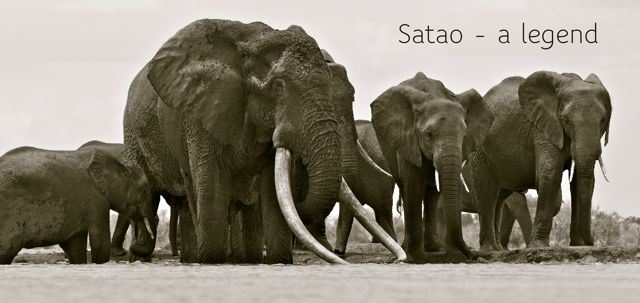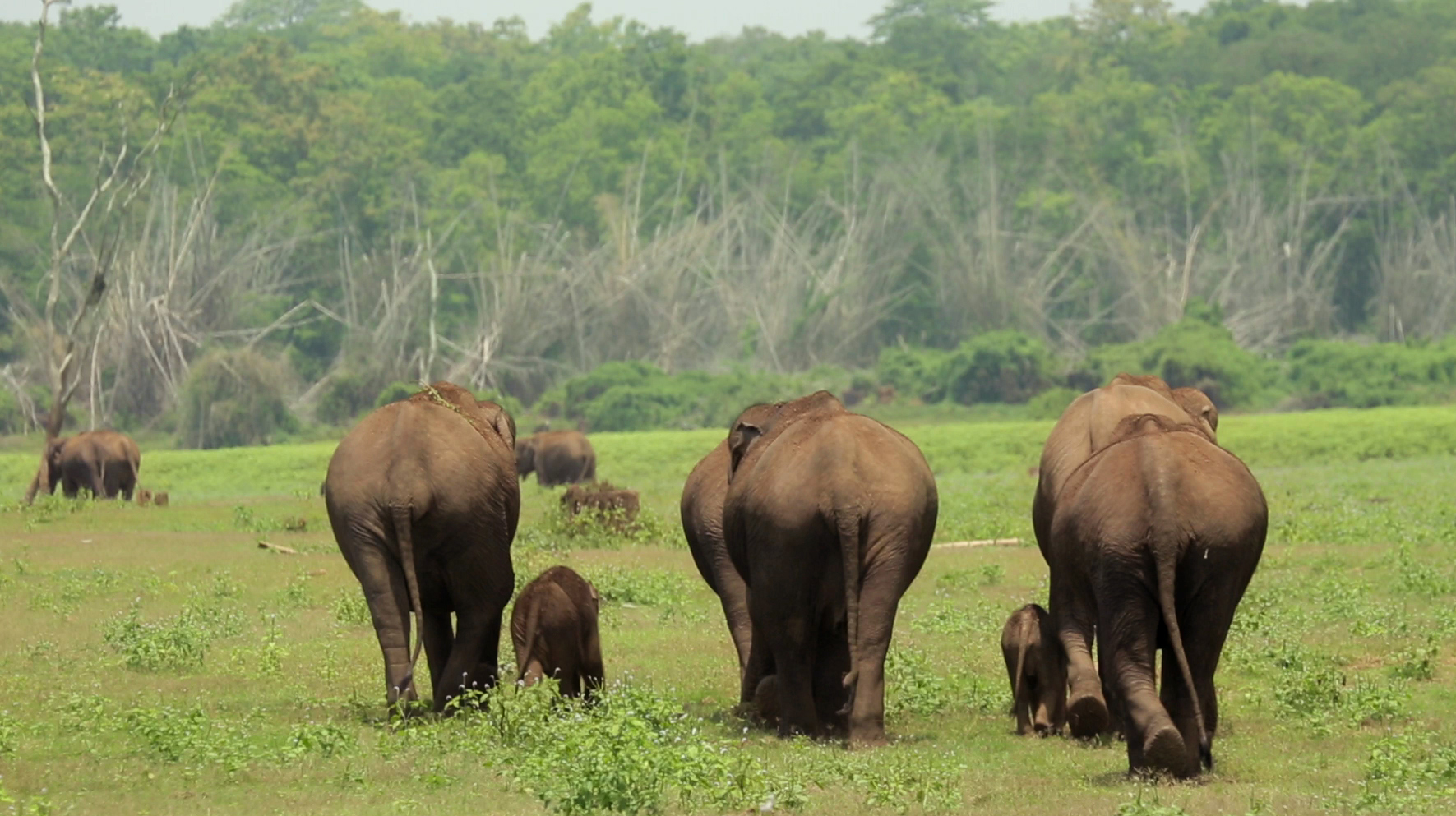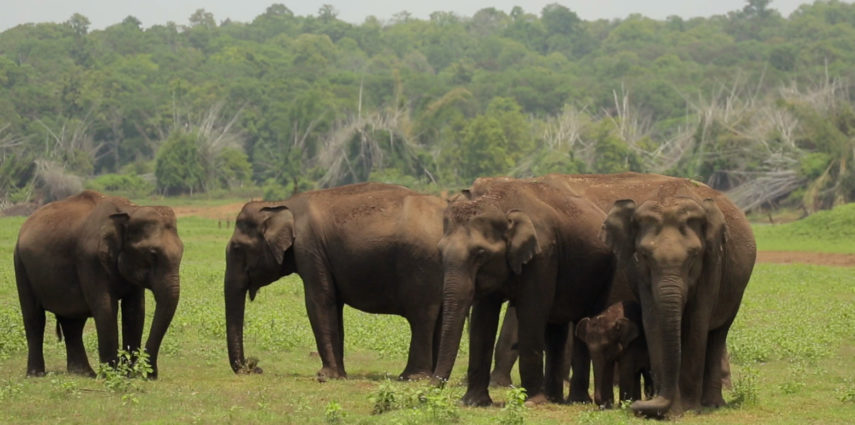Today is the third annual “World Elephant Day” honoring two magnificent species, and bringing global awareness to the plight of African and Asian elephants. These intelligent gentle giants are loved, admired and revered by cultures and people around the world. And yet, paradoxically human actions are pushing them to the brink of extinction.
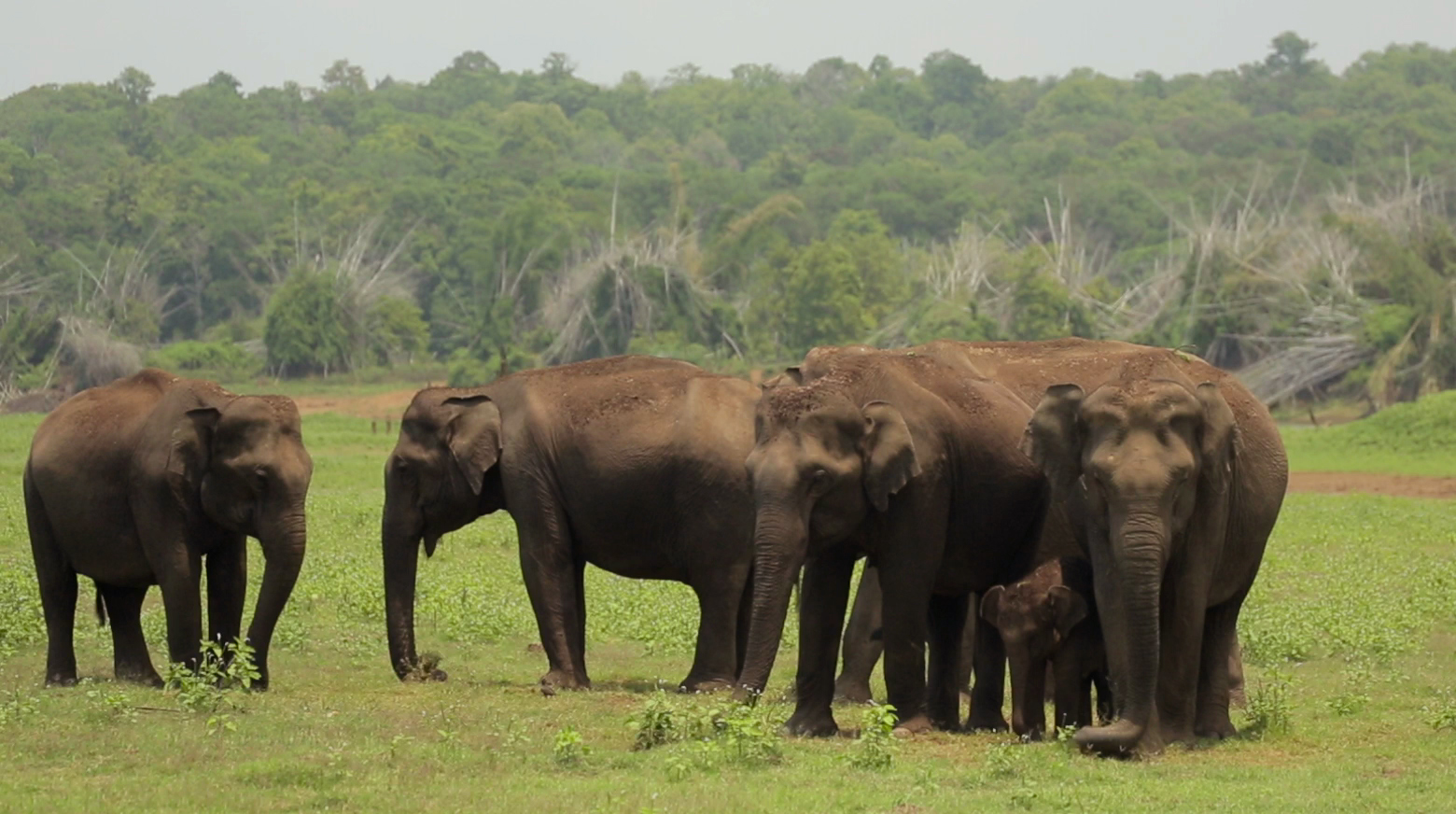
No matter where they turn, elephants are in peril. With less than 40,000 Asian elephants left in the wild, it’s been listed as an endangered species. In Africa, the poaching crises is spiraling out of control. Four elephants per hour — that’s around 30,000 per year — are being brutally murdered for their most coveted Ivory. Seventy per cent of this invaluable treasure is being sold to China legally and illegally, making it the largest ivory consumer on earth, USA being the second largest.
Meantime African leaders seem to have no clue on how to tackle this massive issue. Last week President Obama hosted the US-Africa Leaders Summit at the White House that drew more than 40 leaders from that continent. Four of them explained the dire situation and requested for military resources including helicopters, night-vision goggles and infra-red scanners to combat the poachers’ sophisticated tactics.
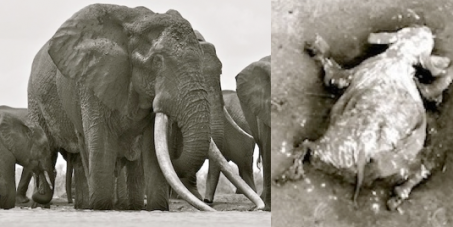
So here’s something to consider. If we are to root out the current crises, we need to think outside the box, and beyond the two largest ivory consumers. We need to challenge the core values and ethics that have shaped humanity, and are driving these atrocities.
When we consider what’s going on with the planet, we can see evidence of instant gratification, people living in the “here and now” blinded by greed and selfishness. In their mission to satisfy their insatiable hunger for material wealth and power they’ve become entirely disconnected with the natural world and other sentient beings.
German philosopher Hans Jonas, who fled Germany shortly after the Nazi seizure of power and taught in England, Israel, Canada and finally in the United States, wrote a book entitled The imperative of responsibility. In it Jonas develops a thesis that grows from his contention that traditional ethics was an ethics of immediacy, an ethics that dealt with how we confront issues in the here and now with those that are in front of us, or at least close to us.
In relation to the elephant crises, clearly people are concerned about the here and now, ignoring the long term consequences of their actions. Here Jonas’ assessment of human actions is fitting —
the raping of nature and the civilizing of man go hand in hand.” He bemoans man is involved in actions that have “opened up a whole new dimension of ethical relevance for which there is no precedent in the standards and canons of traditional ethics.” These ethics are human centered, and here “nature is not an object of human responsibility.
My question is, how can we cling on to traditional ethics and worldviews in a modern, technocratic society, and on a planet that houses more than seven billion people? Don’t you think it’s about time we created a new set of ethics that take into consideration the intrinsic values of nature and other sentient beings? Do elephants have intrinsic values apart from their value to humans? Does it really matter what we do to the elephants other than how it impacts humans?
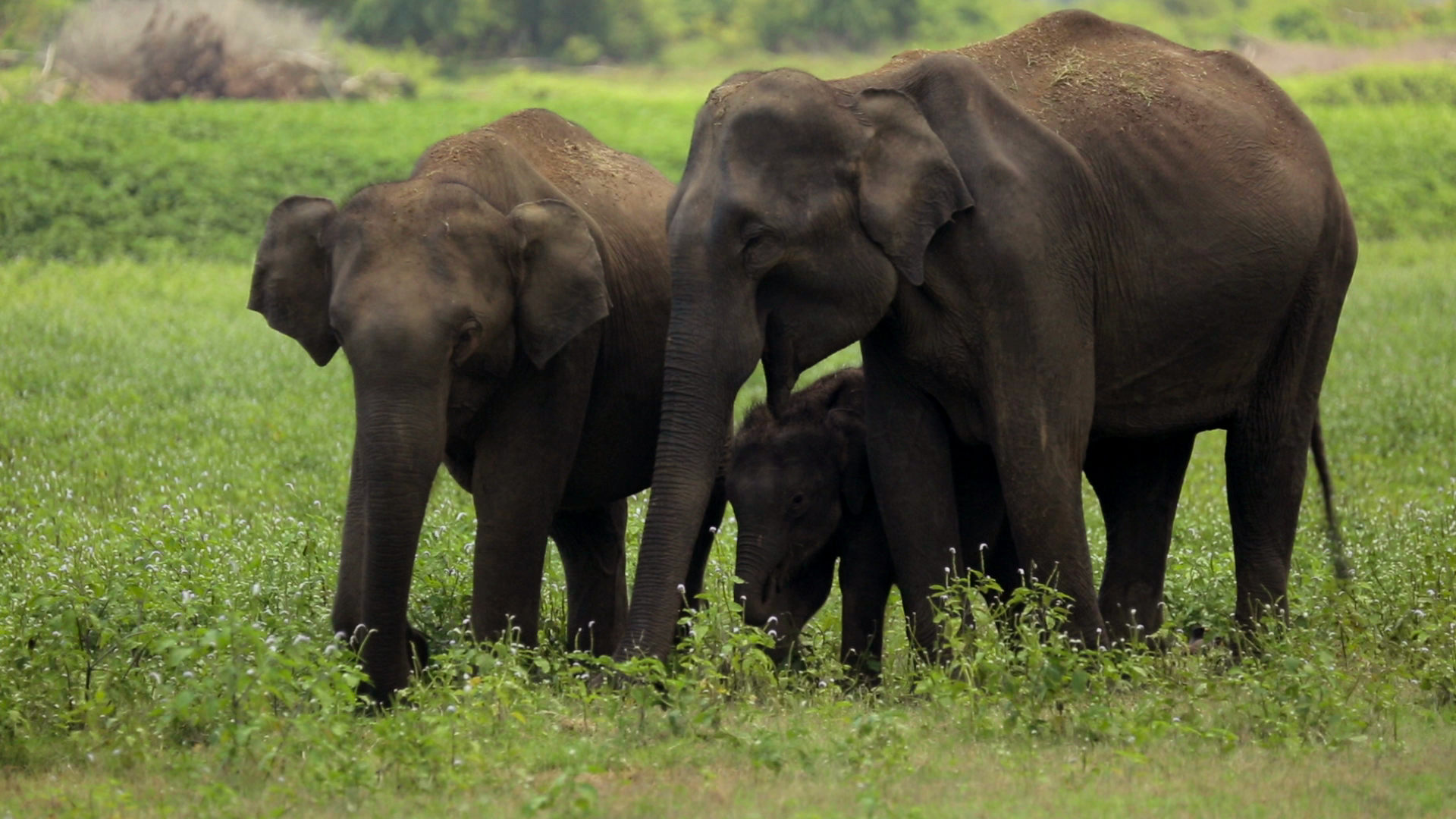
In his published article Ethics of Nature Paul Taylor suggests that every single living being has a ‘teleological’ center of life which pursues its own good in its own way and possesses equal inherent worth. He says, humans are no more intrinsically valuable than any other living thing, but should see themselves as equal members of earth’s community.
Knowledge in itself is not enough, having rational rules of conduct on how to treat nature and its sentient beings is possible only if we have a moral attitude towards nature and wildlife. Taylor calls for a ‘life-centred’ system of ethics in which we have
prima facie moral obligations that are owed to wild plants and animals” just as they are, for simply being members of our earth’s community. We are morally bound to protect or promote their good for their sake.(Taylor, 1981, pg.198)
Accepting such a life centered system of ethics would require a dramatic shift in our moral universe. We would need to shift away from an anthropocentric view and consider our impacts on all sentient beings.
Slowly but surely we are witnessing paradigm shifts, as Global citizens are becoming empowered and emboldened to challenge the authorities. In the past decade many organizations and passionate individuals have been bringing to the fore the plight of elephants in Africa and Asia. For instance, people from around the world are calling on Zhao Shucong, Director of China’s State Forestry Administration, responsible for licensing the carving factories and in charge of other wildlife issues to end this madness. I struggle to understand how we got to this place in human history where survival of millions of animals depend on this one man.
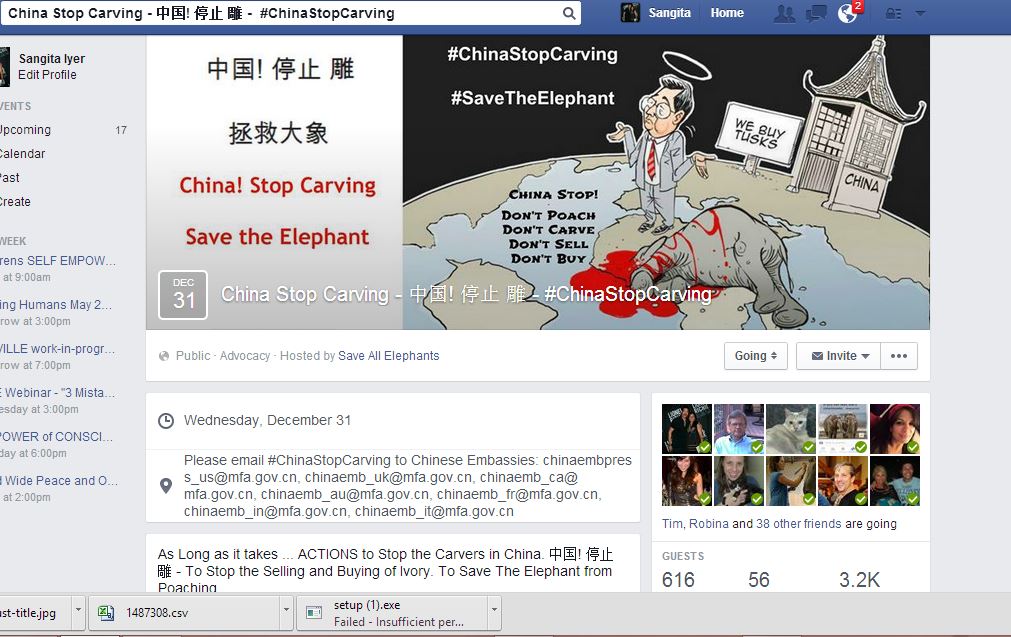
People around the world are also teaming up for the annual March for Elephants and Rhinos on October 4th to highlight the plight of these animals.
Here’s a nugget of wisdom from the Earth Charter that pretty much sums up my sentiments about our relationship with all sentient beings,
“The spirit of human solidarity and kinship with all life is strengthened when we live in reverence for the mystery of being, gratitude for the gift of life, and humility regarding the human place in nature.”
Today let us take a few moments to honor the loss of our beloved Satao – the largest animal on earth who succumbed to the poisonous arrows after evading poachers and some of the most atrocious droughts for 50 years. May those same toxic arrows pierce into human hearts and souls and serve as the antidote to transform greed and selfishness into compassion and kindness. May the antidote also reconnect human species with its intrinsic nature to just BE, and take conscious actions based on empathy and compassion so our precious elephants can be saved from extinction.
